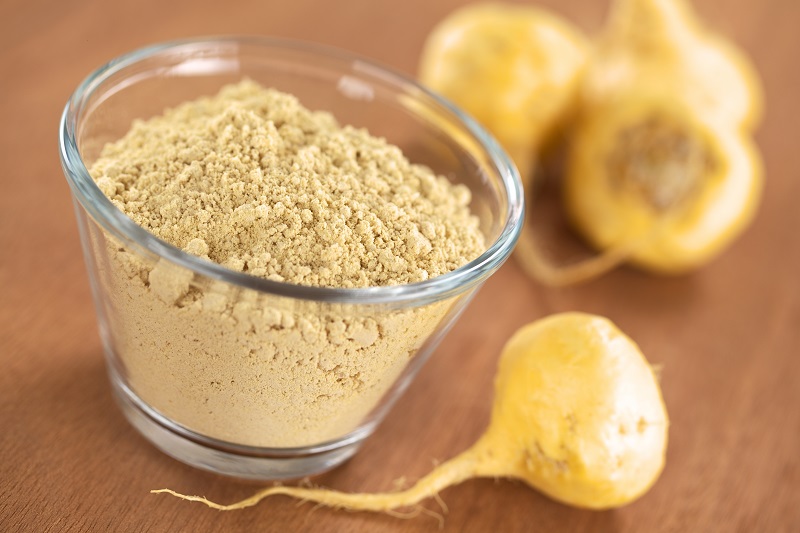You have a fantastic idea for an incredible liquid supplement product to offer to your customers, you’ve partnered with a private label manufacturer to fulfill your orders, and now you just need the right strategy to sell your offerings. Beyond establishing an online store, there’s far more that needs to be done to ensure a great experience that inspires new sales and encourages returning purchases.
Today, we’re going to review some practical steps to selling private label supplements online. Once you’ve finished reading this, you should feel confident in your plan to launch a new business or optimize your current processes.
Build a Brand if You Don’t Already Have One
If you are just starting a private label supplement business, you’ll need to develop a brand that communicates your mission, values, and identity to your customers. With the internet encouraging more personalized experiences for everyone, having something that others can identify with and relate to emotionally is a critical aspect of a branding strategy.
First, determine your brand name. Popular types of brand names include the name of the company founder, a nearby geographical location, or a creative use of a word that relates to the products themselves.
Once you have a name, create a logo and brand colors. This will ensure consistency across the entire product line. When someone sees your supplements online, they’ll know it is from your brand.
Finally, select a social media handle that can be used across all of the social platforms that you plan to market your business. A consistent social media name will allow your customers to search for your brand and discover it wherever they’re consuming content.
Determine Your Optimal Sales Channels
The internet has no shortage of online stores to list products on. Whether you’re maintaining your in-house storefront or you’re selling through third parties like Amazon, which ones are right for you?
Some entrepreneurs prefer to sell everything on their own website to maximize their margins. Others may be willing to give a cut of each sale to Amazon or another third party due to the added convenience and the appeal of associating your goods with these trusted platforms.
Depending on the specific supplements you are selling, your choices in third-party platforms may also be limited. For example, many limit or prohibit the sale of CBD or any other cannabis-derived products.
As you’re determining which channels you want to sell your products through, consider any of these options:
- Social media platforms with in-app shopping features
- A self-hosted website using an eCommerce platform like WooCommerce or Shopify
- A third-party retailer such as Amazon or Walmart.com
- Industry-specific retailers
Keep in mind that third-party sites like Walmart and Amazon, as well as independent retailers in your industry, may have their own proprietary order and fulfillment processes. Communicate how you plan to leverage these sites to your private label supplement manufacturer and determine if they can adapt to multiple processes to ensure your inventory reaches your customers in a timely and safe manner.
Select a Quality Manufacturing Partner
You have the brand, you have your ideas for products, and you know how you’re going to sell them.
Now, how are you going to make them?
Unless you want to lease a commercial facility and outfit it with expensive manufacturing equipment, you’ll likely be searching for a private label manufacturer to handle formulation, production, and fulfillment. This will free up more time for you to focus on sales and marketing while the rest of the operations are managed by your partner.
When determining the right partner to align your brand with consider the following as you’re doing your research:
Value Alignment
Does the manufacturer offer production capabilities that align with your own values? For example, if you want to produce fully organic liquid supplements, does the private label operation have the means and expertise to deliver on this demand?
Conduct some initial research of possible private labels to consider. Build a shortlist of ones that share your commitment to quality formulations and ingredients that can best benefit your customers.
Credibility and Certifications
Is the manufacturer authorized to produce formulations that are safe for human consumption? Ask any potential partner that you’re considering to provide you with a list of any certifications and licenses that they hold that legally clear and permit them to make supplements.
Product Quality
How good are their products in actuality? Request samples from potential manufacturers that are similar to one that you may want to formulate.
When evaluating a liquid supplement, check for the following:
- Odor – does the sample contain a strong odor that could be unpleasant to the customer?
- Taste – does the sample taste good if it is meant to be ingested orally?
- Mixing – does the sample mix well with other liquids if it is intended to do so?
- Clarity – does the sample have any unusual or concerning particles floating in it?
In addition to the supplement’s formula, examine the manufacturer’s packaging capabilities. Do they even offer packaging as part of their service? If not, this could indicate increased costs for you to have your products ready for distribution.
Manufacturing Capacity and Turnaround Time
Simply put: how much of your product can a manufacturer make, and how long does it take to make it? When you’re growing your business and demand increases alongside, can your manufacturer keep up?
Ask a potential manufacturer about their capacity and turnaround times. Depending on your initial forecasting for your product sales, they could prove adequately scalable or insufficient to meet your restock demands.
Customization
When you’re partnering with a manufacturer to produce your liquid supplements, you’ll typically find them divided into two separate categories: white label and private label.
A white label manufacturer sells premade formulas that offer little-to-no customization beyond putting your own branding on the packaging. Though highly scalable and lower in cost, you do not have exclusive access to these formulas, and a competitor could also integrate them into their own product lines.
Conversely, a private label manufacturer can craft unique and bespoke formulas specifically for your brand. These remain your exclusive property to sell and cannot be used by other companies that may try to compete against you for the same customers.
Pricing
As a brand selling private label supplements, you’re buying your products wholesale and then marking them up to make a profit. Typically, a profitable business should sell its products at a margin of at least 20-30% more than what was paid wholesale.
Depending on your private label partner, wholesale purchasing structures can vary. Some require you to pay a wholesale fee to acquire new batches of products, while others may operate on a made-to-order basis and take a percentage out of each individual sale.
Ask your potential manufacturer how much they charge for their production per batch size and how they structure their compensation. If this creates enough room for you to mark up your product at a reasonable price, you can explore opportunities with greater confidence.
Start Selling Your Own Private Label Supplements Today
With multiple certifications for product quality, infinite customization options, and proven process for scalability and timely production, our team at Yellow Emperor is the partner you need to launch a successful supplement business online. To get started, learn more about our certifications here or contact us anytime to see how we can serve as the backbone for your brand.







